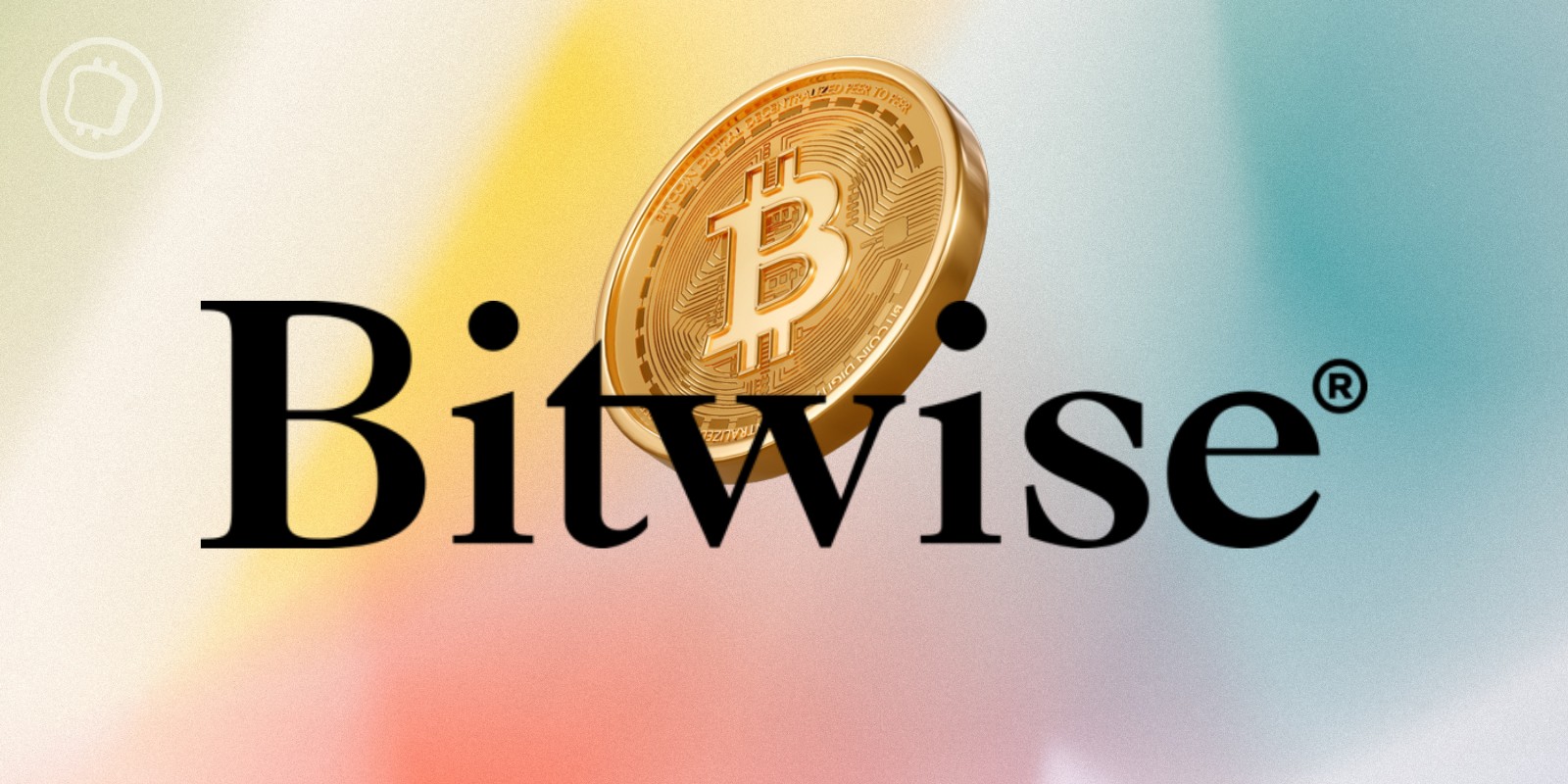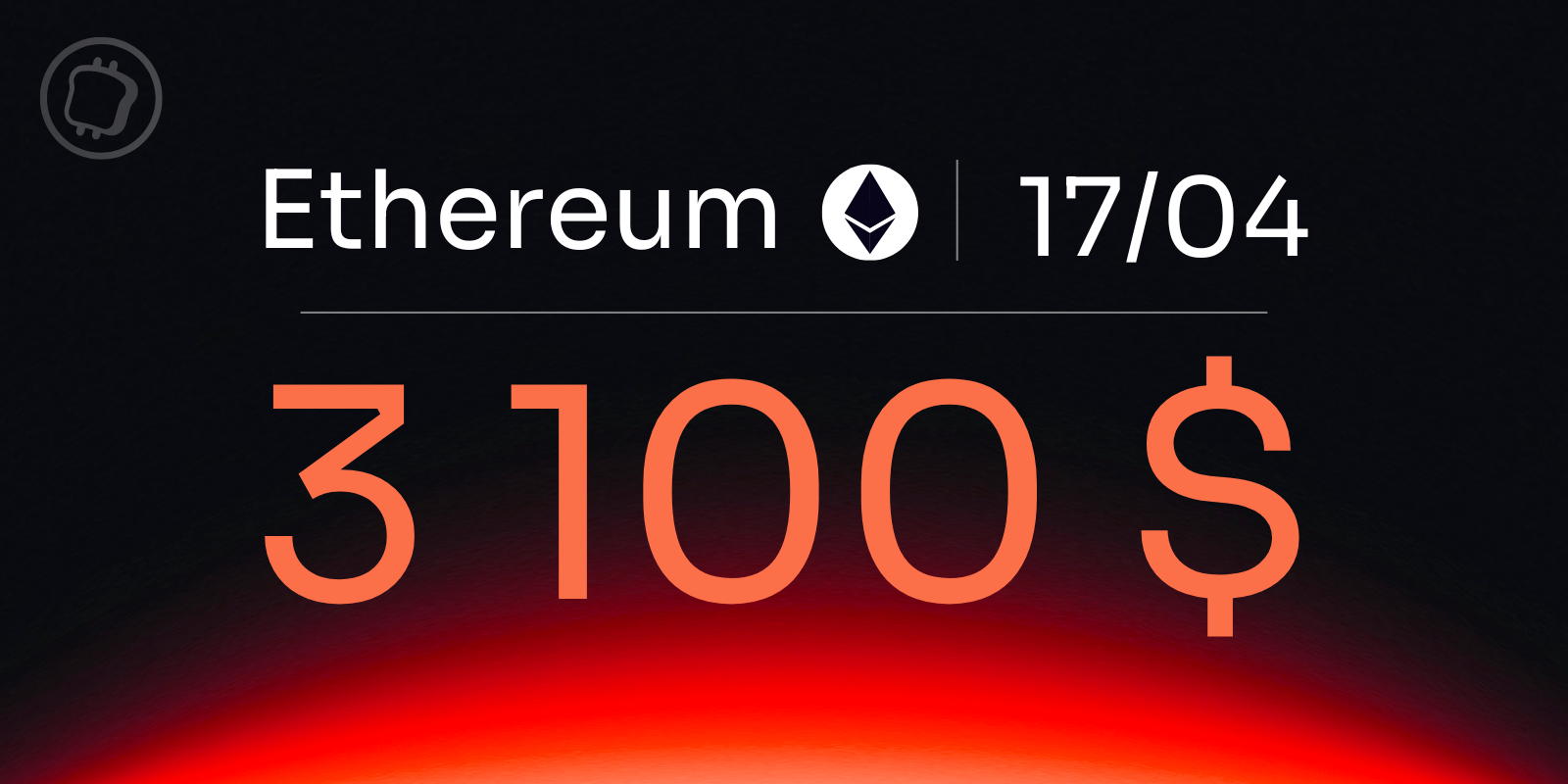Episode 16 of Public Key, the Chainalysis podcast, is here! In this episode, we talk with Caroline Malcolm about recent analysis from Chainalysis that highlights the key provisions of the EU’s new MiCA and Travel Rule regulations. Listen to find out.
You can listen or subscribe now on Spotify, Applegold Audible. Keep reading for a full preview of episode 16.
Public Key Episode 16 preview: Understanding EU crypto regs / Zero Threshold Travel Rule / Why NFTs and DeFi are excluded
In this episode of Public Key, our host, Ian Andrews (CMO at Chainalysis) is joined by guest Caroline Malcolm (Head, International Public Policy & Research, Chainalysis), who’s been filling the Chainalysis blogs with insights and clarification on the EU’s new Markets in Crypto-Assets (MiCA) and Travel Rule regulations and what it means for the crypto industry.
Caroline and Ian discuss the impact of these regulations on personal wallets, stablecoins and licensing requirements, while identifying where NFTs and DeFi land in this new regulatory framework. This is a must listen for those trying to understand the most comprehensive cryptocurrency regulations of any jurisdiction globally to date.
Quote of the episode
“All of the data that we see at Chainalysis seems to indicate there’s not significantly greater risk in personal wallets than there is in any other type of transaction. Right. They’re not a meaningful component of where we’re seeing illicit activity, at least to this point. ”-Ian Andrews (Chief Marketing Officer, Chainalysis) on personal wallet risk
Minute-by-minute episode breakdown
- (1:55) – Describing EU’s regulatory mandate regarding crypto assets as it relates to MICA and the Transfer Fund Regulation
- (5:15) – Insights into the Travel Rule and How the EU’s TFR implementation goes beyond FATF recommendations
- (9:30) – The EU’s stance regarding unhosted / personal wallets
- (13:50) – Balancing collection of identification information by Crypto Asset Service Providers (CASPs) and privacy mandates
- (16:05) – Can crypto users exploit and circumvent the EU policy objectives around proof of wallet ownership
- (19:08) – What topics MiCA does cover and what is excluded (NFTs and DeFi) from the pending regulations
- (24:05) – What is a CASP and how does discrepancies in definitions create challenges for cryptocurrency firm
- (26:15) – How to form Facebook’s Diem project influenced MiCAs stance on stablecoins and asset referenced tokens
- (29:30) – Does MiCA have the opportunity to set the standard when it comes to market manipulation regulations
- (32:00) How does environmental concerns over proof of work protocols impact MiCA regulations
Related resources
Check out more resources provided by Chainalysis that perfectly complement this episode of the Public Key.
- Blog: EU Agrees on Comprehensive Cryptocurrency Regulations: Part 1 of Our Breakdown
- Blog: Breaking Down the EU’s New Cryptocurrency Regulations, Part 2: The MiCA Licensing Regime
- Podcast / Blog: Everything You Need To Know About The Cryptocurrency Travel Rule
- Postponement:The Chainalysis State of Web3 Report
- Webinar: The State of Web: Watch On Demand (with Ethan McMahon and Kim Grauer)
- Video: Chainalysis Links New York 2022 (Video Replays)
Speakers on today’s episode
- Ian Andrews * Host * (Chief Marketing Officer, Chainalysis) https://www.linkedin.com/in/ianhandrews
- Caroline Malcolm (Head, International Public Policy & Research, Chainanalysis)
https://www.linkedin.com/in/malcolmcaroline
This website may contain links to third-party sites that are not under the control of Chainalysis, Inc. or its affiliates (collectively “Chainalysis”). Access to such information does not imply association with, endorsement of, approval of, or recommendation by Chainalysis of the site or its operators, and Chainalysis is not responsible for the products, services, or other content hosted therein.
Our podcasts are for informational purposes only, and are not intended to provide legal, tax, financial, or investment advice. Listeners should consult their own advisors before making these types of decisions. Chainalysis has no responsibility or liability for any decision made or any other acts or omissions in connection with your use of this material.
Chainalysis does not guarantee or warrant the accuracy, completeness, timeliness, suitability or validity of the information in any particular podcast and will not be responsible for any claim attributable to errors, omissions, or other inaccuracies of any part of such material.
Unless stated otherwise, reference to any specific product or entity does not constitute an endorsement or recommendation by Chainalysis. The views expressed by guests are their own and their appearance on the program does not imply an endorsement of them or any entity they represent. Views and opinions expressed by Chainalysis employees are those of the employees and do not necessarily reflect the views of the company.
Episode 16 of Public Key, the Chainalysis podcast, is here! In this episode, we talk with Caroline Malcolm about recent analysis from Chainalysis that highlights the key provisions of the EU’s new MiCA and Travel Rule regulations. Listen to find out.
You can listen or subscribe now on Spotify, Applegold Audible. Keep reading for a full preview of episode 16.
Public Key Episode 16 preview: Understanding EU crypto regs / Zero Threshold Travel Rule / Why NFTs and DeFi are excluded
In this episode of Public Key, our host, Ian Andrews (CMO at Chainalysis) is joined by guest Caroline Malcolm (Head, International Public Policy & Research, Chainalysis), who’s been filling the Chainalysis blogs with insights and clarification on the EU’s new Markets in Crypto-Assets (MiCA) and Travel Rule regulations and what it means for the crypto industry.
Caroline and Ian discuss the impact of these regulations on personal wallets, stablecoins and licensing requirements, while identifying where NFTs and DeFi land in this new regulatory framework. This is a must listen for those trying to understand the most comprehensive cryptocurrency regulations of any jurisdiction globally to date.
Quote of the episode
“All of the data that we see at Chainalysis seems to indicate there’s not significantly greater risk in personal wallets than there is in any other type of transaction. Right. They’re not a meaningful component of where we’re seeing illicit activity, at least to this point. ”-Ian Andrews (Chief Marketing Officer, Chainalysis) on personal wallet risk
Minute-by-minute episode breakdown
- (1:55) – Describing EU’s regulatory mandate regarding crypto assets as it relates to MICA and the Transfer Fund Regulation
- (5:15) – Insights into the Travel Rule and How the EU’s TFR implementation goes beyond FATF recommendations
- (9:30) – The EU’s stance regarding unhosted / personal wallets
- (13:50) – Balancing collection of identification information by Crypto Asset Service Providers (CASPs) and privacy mandates
- (16:05) – Can crypto users exploit and circumvent the EU policy objectives around proof of wallet ownership
- (19:08) – What topics MiCA does cover and what is excluded (NFTs and DeFi) from the pending regulations
- (24:05) – What is a CASP and how does discrepancies in definitions create challenges for cryptocurrency firm
- (26:15) – How to form Facebook’s Diem project influenced MiCAs stance on stablecoins and asset referenced tokens
- (29:30) – Does MiCA have the opportunity to set the standard when it comes to market manipulation regulations
- (32:00) How does environmental concerns over proof of work protocols impact MiCA regulations
Related resources
Check out more resources provided by Chainalysis that perfectly complement this episode of the Public Key.
- Blog: EU Agrees on Comprehensive Cryptocurrency Regulations: Part 1 of Our Breakdown
- Blog: Breaking Down the EU’s New Cryptocurrency Regulations, Part 2: The MiCA Licensing Regime
- Podcast / Blog: Everything You Need To Know About The Cryptocurrency Travel Rule
- Postponement:The Chainalysis State of Web3 Report
- Webinar: The State of Web: Watch On Demand (with Ethan McMahon and Kim Grauer)
- Video: Chainalysis Links New York 2022 (Video Replays)
Speakers on today’s episode
- Ian Andrews * Host * (Chief Marketing Officer, Chainalysis) https://www.linkedin.com/in/ianhandrews
- Caroline Malcolm (Head, International Public Policy & Research, Chainanalysis)
https://www.linkedin.com/in/malcolmcaroline
This website may contain links to third-party sites that are not under the control of Chainalysis, Inc. or its affiliates (collectively “Chainalysis”). Access to such information does not imply association with, endorsement of, approval of, or recommendation by Chainalysis of the site or its operators, and Chainalysis is not responsible for the products, services, or other content hosted therein.
Our podcasts are for informational purposes only, and are not intended to provide legal, tax, financial, or investment advice. Listeners should consult their own advisors before making these types of decisions. Chainalysis has no responsibility or liability for any decision made or any other acts or omissions in connection with your use of this material.
Chainalysis does not guarantee or warrant the accuracy, completeness, timeliness, suitability or validity of the information in any particular podcast and will not be responsible for any claim attributable to errors, omissions, or other inaccuracies of any part of such material.
Unless stated otherwise, reference to any specific product or entity does not constitute an endorsement or recommendation by Chainalysis. The views expressed by guests are their own and their appearance on the program does not imply an endorsement of them or any entity they represent. Views and opinions expressed by Chainalysis employees are those of the employees and do not necessarily reflect the views of the company.












